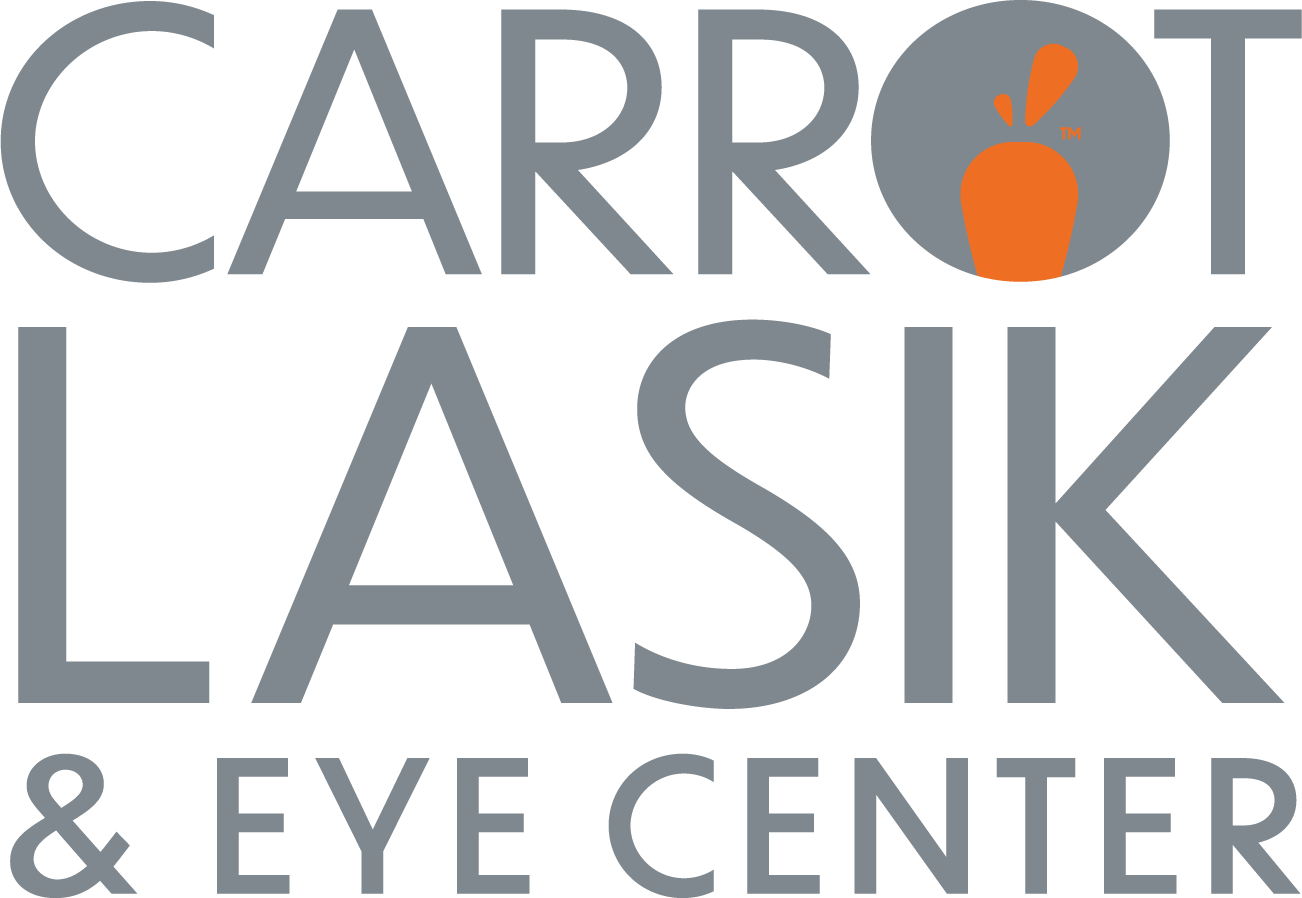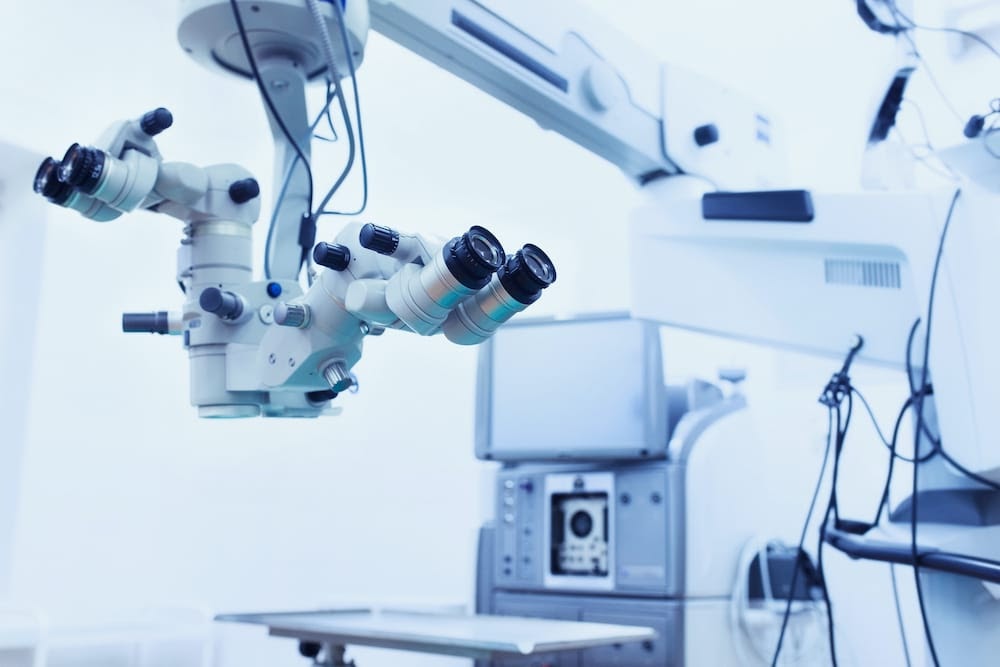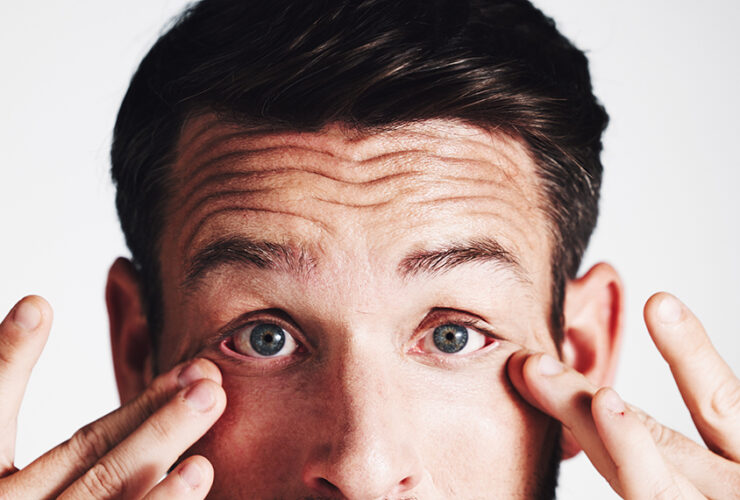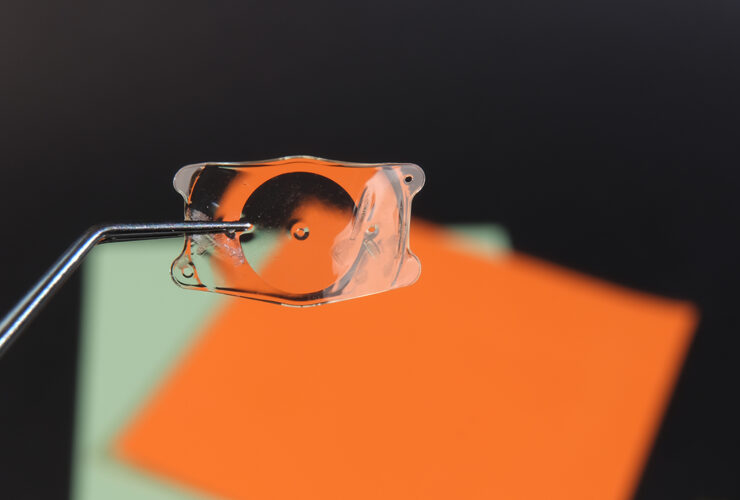Cataracts are one of the most common eye issues as people get older. Unfortunately, cataracts can severely impact one’s quality of life, causing blurriness, double vision, and in severe cases, total blindness.
If you’re experiencing early symptoms of cataracts, you may wonder, “Can cataracts be reversed once they develop?”
A common option is laser cataract surgery. Understandably, this option can seem intimidating. As a result, natural remedies to manage cataract symptoms have emerged.
In this article, we cover common cataract questions and answers, treatments to consider and more.
Cataracts FAQ: What You Should Know About Cataracts
What Causes Cataracts?
Cataracts occur when the eye’s natural lens becomes cloudy. This can make it challenging to drive, read, watch TV, or participate in any number of activities.
Additionally, cataracts can be caused by aging or injury to the eye. However, some people are genetically predisposed to cataracts. Other causes of cataracts include previous eye surgeries, diabetes and long-term steroid use.
What Happens If Cataracts Are Left Untreated?
Generally, cataracts start developing slowly, so symptoms won’t be immediately apparent. If left untreated, however, cataracts can cause a host of issues, including but not limited to:
- Blurred or dimmed vision
- Difficulty seeing at night
- Halos appearing around light sources
- Double vision
- Light sensitivity
- Blindness
Finally, leaving cataracts too long can cause them to be hyper-mature. In severe cases, they can be difficult to remove or lead to a more complicated surgery, which is why it’s recommended to opt for cataract surgery when symptoms first start appearing.
Can Cataracts Be Reversed? 3 Treatment Options
Managing Early Stage Cataracts
Early-stage cataracts can be treated in a few different ways. Mild cataract symptoms can usually be treated with new glasses or contact prescription. Anti-glare sunglasses can manage mild cataract symptoms by reducing the look of halos around lights. It’s also recommended to use stronger lighting when reading, cooking or reading. Bright lighting, paired with a stronger prescription, helps many people with early-stage cataracts live a normal life.
Cataracts do get progressively worse over time, so a stronger prescription won’t always be the answer. Once it gets to this stage, laser cataract surgery is the next step to maintain vision.
Laser Cataract Surgery
So, can cataracts be reversed? When should you undergo laser cataract surgery?
If a cataract has gotten to the point where it is causing severe vision loss and making it hard to read or drive, then it’s time to move forward with laser cataract surgery. The only option to reverse cataracts is laser cataract surgery. Laser cataract surgery is intimidating to many, but it’s a relatively painless, quick 15-minute procedure.
An ophthalmologist will remove the clouded lens and will replace it with an intraocular lens implant. Similar to a contact lens, it’s fitted to match individual eye shapes and vision needs. A surgeon will give local anesthesia and numb the eyes, making it a virtually pain-free operation. Cataract surgery is regarded as one of the safest procedures, with the chance of complications extremely low. That’s why it’s an excellent choice for those who are suffering from moderate-to-severe vision issues.
After surgery, one can expect some mild discomfort, blurred vision, and itchiness. Typically, eye drops will be prescribed to help the eyes heal and prevent infection. It’s also recommended to avoid anything that could potentially cause injury to the eye, such as heavy lifting. Eyes are considered to be fully healed with eight weeks of surgery, but most ophthalmologists will say that you can resume normal activities within 24-48 hours after surgery.
Natural Remedies for Cataracts
While there are no natural remedies for cataracts, scientists agree that preventative measures could help reduce the chance of developing cataracts. These measures include regular eye exams to stay on top of eye health, eating a healthy diet filled with fruits and vegetables, and wearing sunglasses to help block UVB rays when exposed to the sun.
Cataracts may seem scary, but they can be corrected with quick surgery. If cataracts have started to become a problem in your life, connect with Carrot LASIK & Eye Center to review your options.
